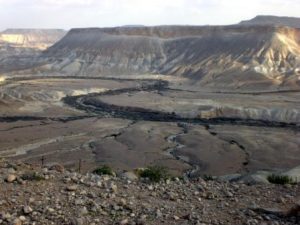A prairie university in Canada will be home to a new international water research hub run by the UN. We’d have assumed Israel with its water success research known the world over (read this article by a World Bank researcher) would be a smarter move but rising antisemitism and regional conflicts gives Israel a zero chance in such a UN-led endeavor.
Instead, the UN has chosen Canada given its neutrality on most issues and its overabundance of water, making it a sound and safe choice for the UN. And it will open up more sustainable developments to a region in Canada dependent on oil sands extraction and fracking for natural gas.
United Nations University, the academic arm of the United Nations, has chosen the University of Calgary as the home of the world’s first UNU hub, said Ed McCauley, president of the University of Calgary.
“It has very special significance for me not only as president of the host university, but as someone whose own academic career has been focused on water research,” said McCauley.
The two groups will together to develop the sustainable, scientific solutions and a skilled workforce needed to mitigate and adapt to climate change.
The hub will have four research clusters led by world-class scholars from across campus, collaborating to bring their expertise to bear on four essential areas of water studies: understanding changes in aquatic ecosystems, infectious diseases in a changing climate, environmental predictions for water sustainability, and resilience in Indigenous communities.
The clusters will build on Calgary’s institutional capacity and infrastructure in these areas, including the cross-institutional UNESCO Chair in Mountain Water Sustainability, One Health at Calgary, Advancing Canadian Water Assets, and the Biogeoscience Institute, says Fred Wrona, a professor in the Faculty of Science.
The research clusters will also create opportunities for new international partnerships and transdisciplinary collaborations to expand the reach of the UN.






